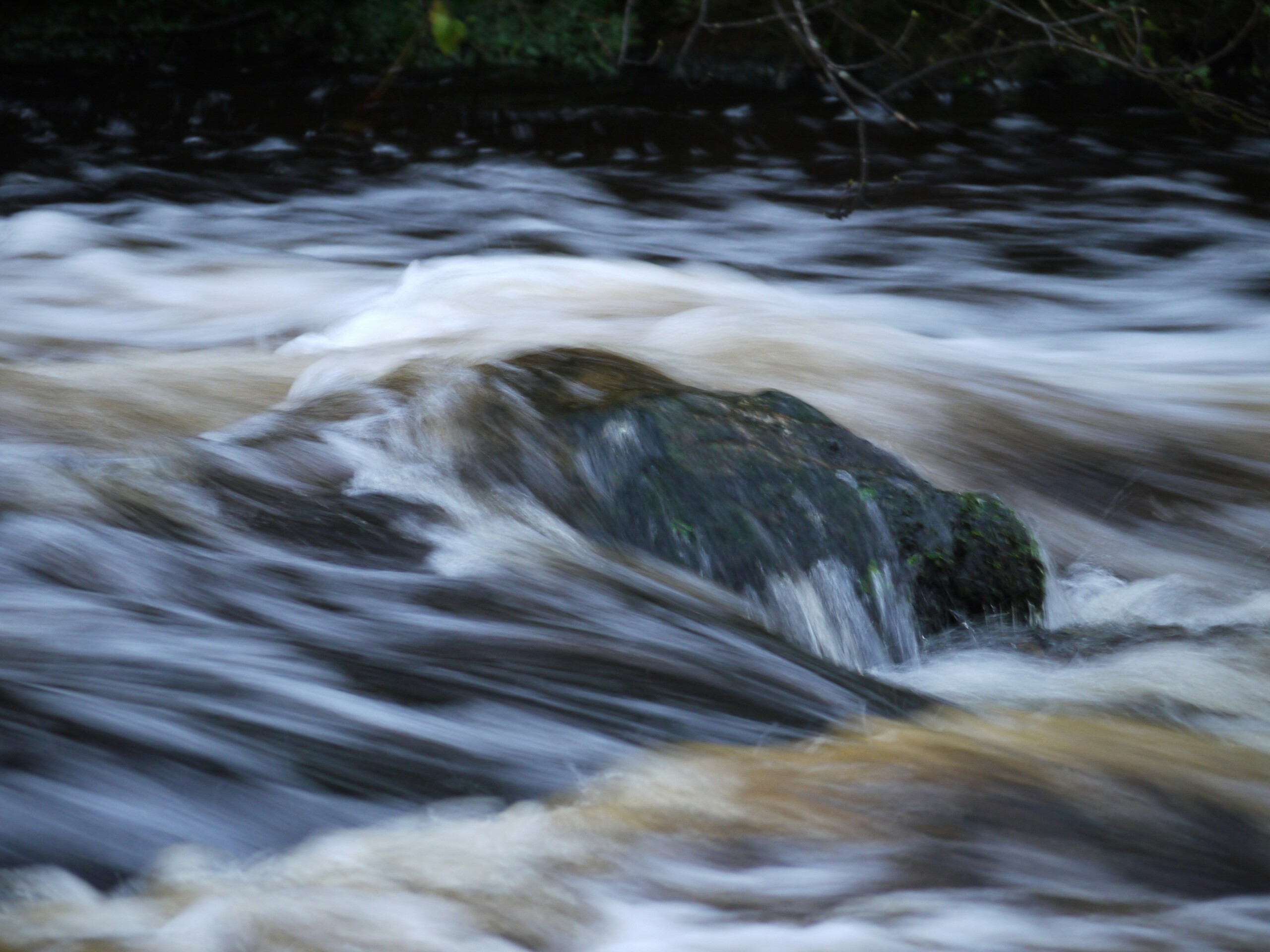No space for an undemocratic Fast-track Bill

‘We must closely guard the welfare of our national parks and reserves. These should not be regarded as the property of our minister or the government. They belong to the people of today and tomorrow. We must fight for their protection if necessary.’ Fred Vosseler, inaugural president FMC -1932
FMC is deeply concerned about the proposed Fast-track Approvals Bill, which the government announced last week.
FMC president, Megan Dimozantos, said “The Bill is the biggest assault on democracy and nature that Aotearoa New Zealand has seen in decades. Under the new law, many areas of public conservation land, which belongs to all New Zealanders for the protection of natural intrinsic values in perpetuity, will become exposed to economic exploitation excluding a democratic process, or even appropriate scientific and judicial input. These are places we care deeply about. The impacts of the Bill would be irreversible, a reminder for future generations of how little this government cares about the environment and the places we value.”
The proposed Fast-track Approvals Bill, if approved, will give Ministers personal power to approve fast-track development projects on public conservation land. It will override the Conservation Act, Reserves Act, Wildlife Act as well as RMA and other relevant Acts.
The lack of consultation the Bill proposes is alarming. A small group of Ministers – including the Ministers for Infrastructure, Transport and Regional Development – will primarily be involved in decision-making. The proposed process seems likely to exclude consultation with local communities, interest groups, NGOs, scientific communities, general New Zealand public and parliamentary colleagues. The expert panels proposed to be involved in the process will only have the power to make non-binding recommendations. Rights to appeal will be constrained.
Alongside the Bill, the government is planning to introduce a list of key projects to be fast-tracked. The list has not been published yet, but as the government indicated, it will most likely include open-cast coal mining and hydro-power generation on public conservation land. FMC fears this list will include wild rivers, with high natural and recreational values. The schedule of these projects will only be published after the consideration of the Bill, which allows no public consultation on which projects are fast-tracked.
Such a process allows little space for any environmental criteria and is non-democratic. The Bill is out of step with modern times and is constitutionally questionable. There has been no consultation so far on the conservation elements of the Bill and the haste of drafting the Bill could lead to irreversible and unintended outcomes. Furthermore, and ironically, the process risks lengthening existing processes through issues securing panel experts on a case-by-case basis, the likelihood of legal challenges, extensive OIA requests, and media scrutiny. The Bill is rushed and poorly considered.
FMC is reviewing the Bill and will formulate a submission in the coming weeks. We are also considering options to support clubs with their submissions. Our executive and president are in consultation with other environmental NGO leaders to determine the most effective strategy to prevent this from being fully implemented.
With one-third of the landmass being public conservation land, Aotearoa New Zealand has enjoyed a worldwide reputation as a clean, green country. With the new Bill, this reputation, or what is left of it, risks being lost. As New Zealanders, we all have a right to say how our public land is used and managed. The public conservation estate belongs to all New Zealanders and should be used for the common good. FMC will act to protect the integrity, intrinsic worth and values of the land that belongs to all of us, but above all, it belongs to nature itself. Its importance and worth outweigh the short-sighted economic interests of a privileged few and should never be compromised.
Photo: Escarpment Mine on public conservation land, Denniston Plateau, (c) Neil Silverwood
Share This Story, Choose Your Platform!

Latest News
FMC opposes the Winstone Pulp International Limited resource consent application to enable the discharge of treated pulp mill wastewater, stormwater and a foam inhibitor to the Whangaehu River.
FMC is looking for the right candidate to appoint to the Maerewhenua Trust Board.
FMC is looking for the right candidate to appoint to the Federated Mountain Clubs Mountain & Forest Trust Board of Trustees.






